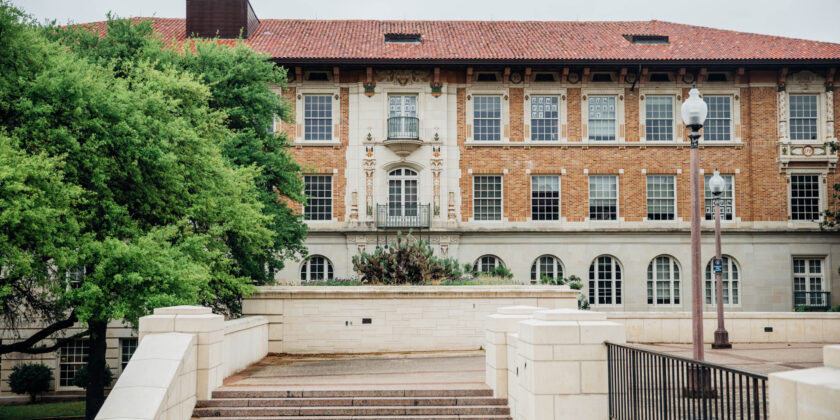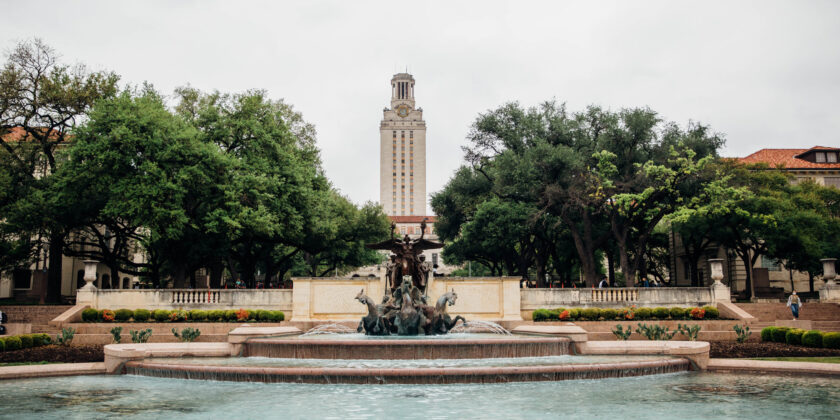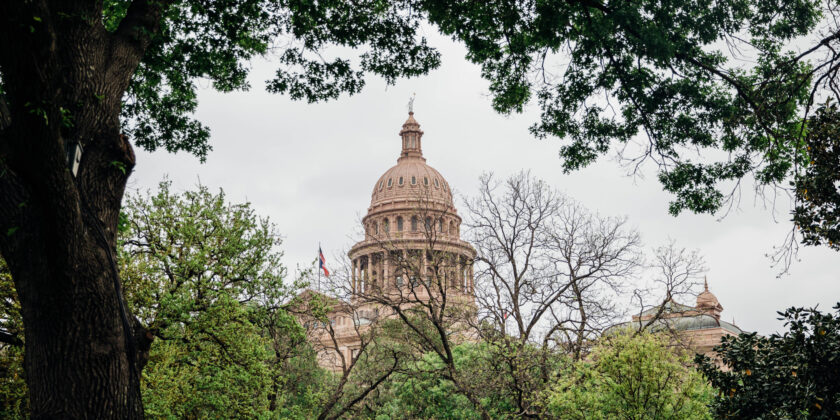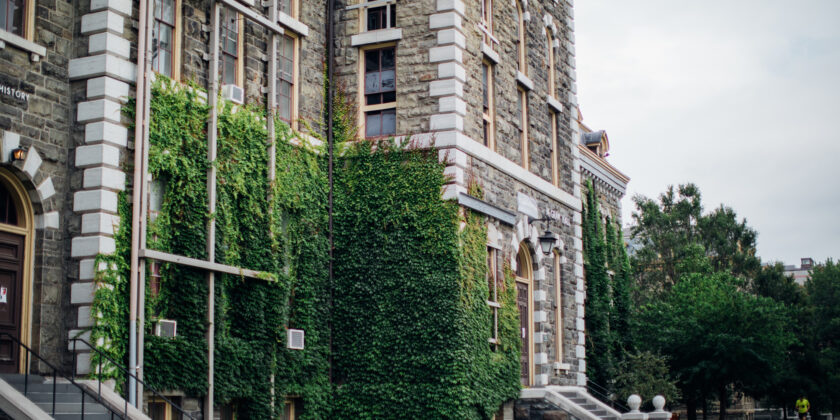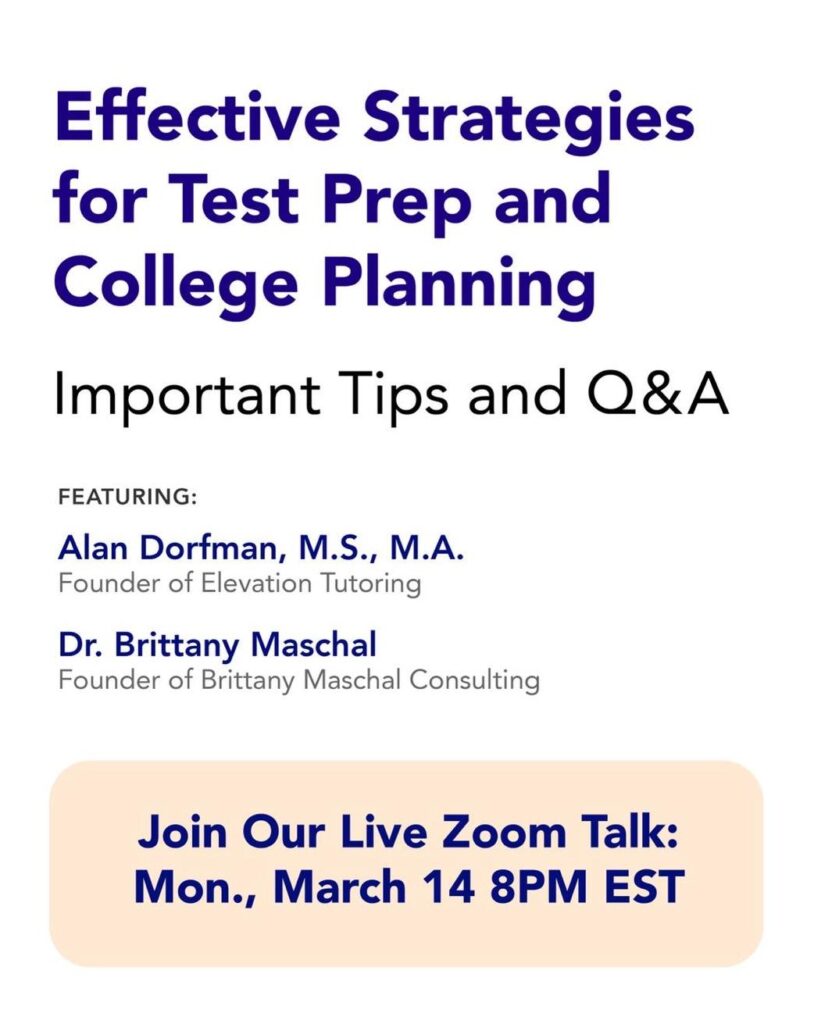UC extends the application filing period. Effective beginning with the fall 2023 admissions cycle (applicants filing in 2022), the University of California has changed the application filing period. The new filing period will be October 1 – November 30. Note: the deadline will not change. Allowing students to submit their application as early as October 1 [note: please submit apps early] could ease some of the pressure students normally feel at the end of the year, as well as those worsened by the pandemic.
But also…
Thousands of prospective students may be denied admission to the University of California, Berkeley, after a judge ordered the institution to freeze enrollment amid an ongoing legal dispute with a local community group over the environmental impact of a proposed expansion plan. The order to freeze enrollment at UC Berkeley was handed down in August by an Alameda County Superior Court judge in response to a lawsuit brought by a local group called Save Berkeley’s Neighborhoods, which has been organizing around this issue since 2018. The University of California Board of Regents appealed the decision and asked the court to stay the order to freeze enrollment while the appellate process plays out. That request was denied last week. Now regents are appealing to California’s Supreme Court.
Navigating the road to admission: As the landscape changes in admission, some high school seniors wonder how they were denied admission at their local university, which two years ago would have been a “sure thing.” Parents ask how Northeastern University has a lower early acceptance rate than Harvard University. Meanwhile, colleges use enrollment tactics that are not always student-centered. One example is the practice of deferring students’ early applications and then to be a competitive candidate encouraging them to convert to a binding Early Decision plan, only to deny the student admission in the end. Read more about these college admissions truth bombs.
Does calculus matter too much in admissions? We think so.
The U.S. House of Representatives approved an amendment to add the College Transparency Act to another bill, which the House then passed. The result will be much more information made available about how colleges perform at educating students.
*Stay in the know! Subscribe*
